Anti-dumping, raw materials and changing standards – Torque quizzes Timo Scholle, General Manager at Achilles Seibert GmbH, on all those and more…
How’s business and what have been your recent highlights?
It’s pretty good, we can’t complain. All over, business is good. Turnover has been strong for us, and so has our business with the end user. We have invested in the end user sector for four years and in the last 12 months we have seen this pay off.
How has the price of raw materials affected the market?
Last year prices rose 20-30% from September until now. But that wasn’t just down to an increase in the costs of raw materials. Other factors like currency exchange, some factories struggling to produce as much…it was a combination of things.
Security and reliability are essential to good distributor service. How does Achilles Seibert tackle those?
We try to have at least two suppliers in Far East Asia. Last year we brought a few new suppliers on board, in China. That doesn’t mean we’ve stopped working with our existing suppliers in Vietnam and Taiwan – they are still our main sources of product. We work with reliable suppliers and
have good relationships with them.
How does Achilles Seibert ensure the quality of product?
This goes back to our long held relationships with suppliers, who we trust. We only work with reliable and audited suppliers and we do not chase always the cheapest products. In combination with our QC department for incoming goods and a reliable external partner, we can ensure the quality our customers require.
Are there any current uncertainties around anti-dumping and its effect on the market?
Not really. The EU is still working on new trade defence measures and we are waiting for those. Generally, anti-dumping can be a bit of a headache. It’s almost a case of, ‘which country will be next?’ Sometimes hearsay can affect the market. Suppliers can be sensitive to rumours of new measures and can pull back on production, but it’s not a big problem. Our main suppliers are not in China so if new measures were introduced then
it would hurt us, but it wouldn’t be like 2009, when we sourced a big proportion of product from there. Now only a small part of our stocks come from China.
What are the issues around DIN 7991 and ISO 898-2015?
There is a lot of older stock in the market that doesn’t comply with the latest requirements, including a zero in front of the markings, but the market is not yet clear if it is concerned about this. There’s not a big difference between the old and the new stocks and many smaller companies don’t know about it. We have separate stocks of both but which way will the market go?
Are there any other big challenges for distributors in the market right now?
For us, we are very comfortable at the moment in the market and we have lots of customers buying from us. However we have learnt in recent years that it can change quickly. So step-by-step we continue to develop a more reliable service for our customers.
A challenge is to grow without increasing the value of our stock. We try to keep our stock level stable.
How is the Achilles Seibert webshop progressing?
We’ve had it for about two and a half years and it’s now a solid sales channel for us. It’s been developing well and we’re very happy with it. We’ve actually picked up new customers from the webshop and this was very surprising for us.
We think it will become more important and we are trying to find ways to make it easier to use. Companies are under pressure in terms of time and money so we want the webshop to be convenient and efficient. We’re looking into an EDI connection, for example, as well as more direct paperless processes.
Overall, we are satisfied with the year so far and look forward to the remaining six months and beyond!
This article originally appeared in the June edition of Torque Magazine. Read the full mag here or subscribe for free here.

